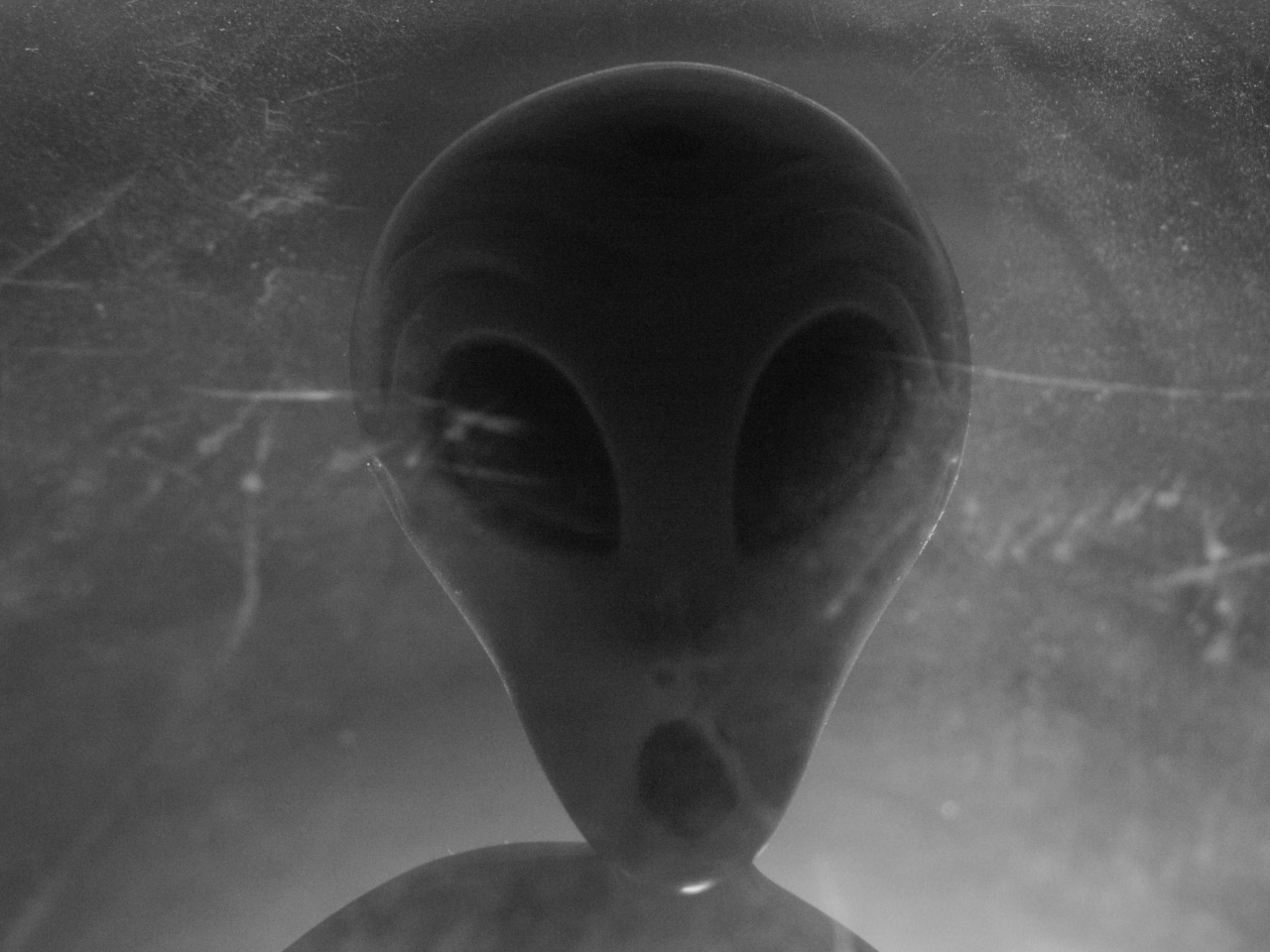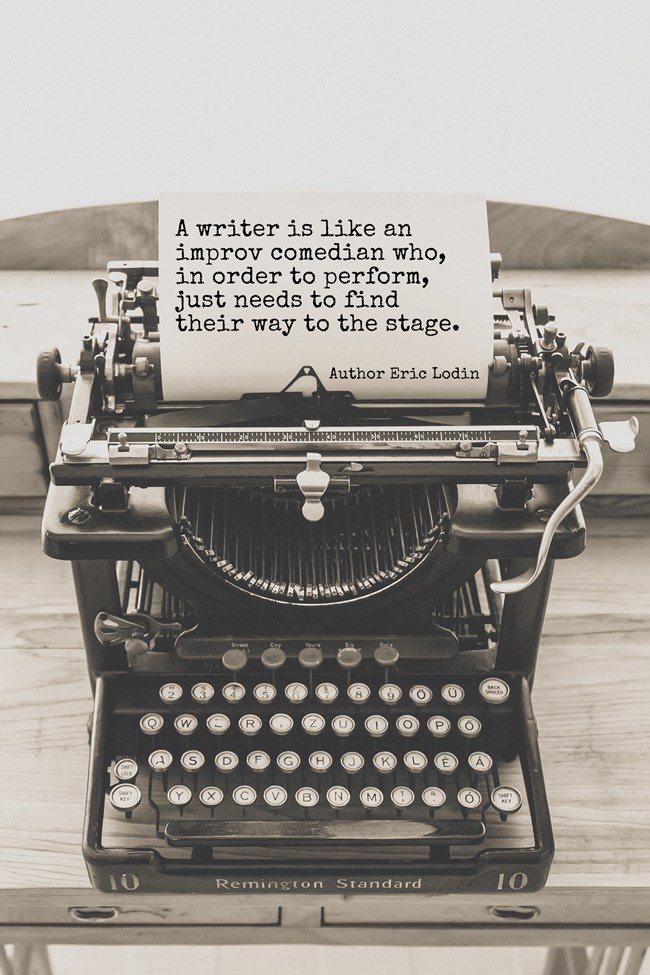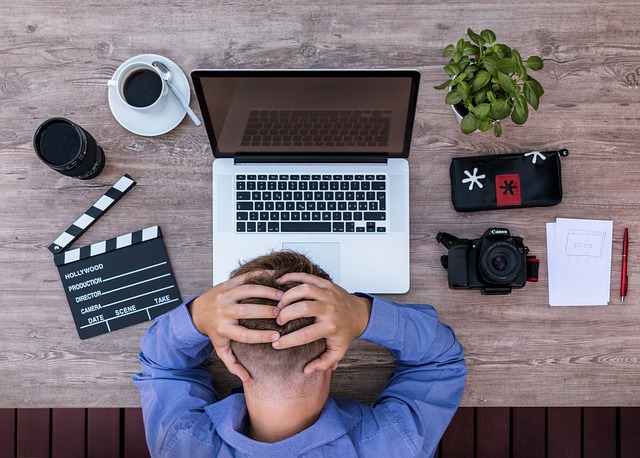Today’s post is written by author Will Shingleton. He is a podcaster and author from Birmingham, Alabama. He and his wife, Tara, live in Greenville, South Carolina with their two pets. Seamless Transition is Will’s first published novel. Support local bookstores by purchasing a copy on Bookshop.org or order it on Amazon.com.
Learning to bake sourdough probably would have been easier.
During the first few weeks and months of COVID-19’s rampage through the US, lots of Americans started trying new things. We had to. Once we were all done watching Tiger King, there just wasn’t that much to do.
How do you fill the time when nearly everything you’re used to suddenly stops? Within a matter of days, schedules became as empty as the parking lots outside our favorite restaurants and coffee shops. I am generalizing, of course; plenty of people found themselves in over their heads as they transitioned to working from home, or even to homeschooling. They, no doubt, had no trouble keeping themselves occupied, bless them.
But the rest of us? Lost.
The pandemic created a vacuum that we didn’t even know was possible, in concept or scope, and because it was 2020, most of us couldn’t bear the idea of just existing in that kind of dystopian reality, no matter how long it lasted.
We had to fill the vacuum somehow.
So, we learned to bake. We knocked out more of Netflix’s library than we would ever care to admit. We walked around our neighborhoods to get out of the house. Our dogs were very excited about it. At my house, we got really into watching marble racing on YouTube.
But as the weeks wore on, I think we all started to lean away from that kind of stuff. I know I did. I got bored of playing XBOX for hours on end. I’d already watched season one of The Mandalorian for a second time, but a third? That just seemed gratuitous.
Plus, it was only going to be for a couple more weeks, anyway, right?
We all know the answer to that one.
To avoid going insane, which was a fate that an unfortunate number of people were not so lucky to avoid, I turned to the side hobby that had brought me so much joy over the previous few months: writing fiction.
I had already written a book by March 2020. In fact, I’d sent out my first query letters only a few days before things officially started shutting down in and around Birmingham.
What I came to realize, though, was that although I’d written and finished a book, and even taken the first baby steps into trying to get it published, I wasn’t a writer.
There is a difference between those two things: a person who has written and a writer. They may be two different points on the same journey, but they are distinct. A writer spends his/her time, quite a lot of it in most cases, developing and honing their craft in ways that don’t involve actually writing anything. They are “on the clock” full-time, always thinking about how they can get better, even if their paycheck doesn’t come from selling books.
That’s what I was learning as I took in hours and hours of YouTube videos about the writing and publishing process. I listened to podcasts, read blog posts, and when I wasn’t doing that stuff, I wrote. I finished one book and wrote two more between March and December, because I had the thing that keeps too many talented writers from trying it: space.
Writing filled my vacuum. Hundreds of thousands of words of it.
It wasn’t all roses; I queried two of those three projects and was rejected by nearly every agent I sent them to. YouTube told me that was normal, though, so I didn’t lose heart. Podcasts told me that breaking through and getting an agent could take years, but that the writers who make it are the ones who don’t give up.
When I think about quarantine, I picture eating tacos with my wife from the truck down the road, and then grabbing my laptop after she went to bed to write for a couple of hours. Nearly every night passed like that, for months.
Finishing a book could have been it for me, you know. The high point. “Real life” could have stepped in and made sure that writing never made it out of “hobby” territory. But for as much grief and suffering as the pandemic has caused, for all the emptiness and isolation that has been felt by so many people, including me, the quiet gave me the opportunity to think. To really think about what I wanted once it ended. A chance to reinvent myself. To ask questions that I might never have asked had life continued on as normal.
How serious was I about writing, actually?
Pretty serious, as it turns out. My first book, which I started writing in May of 2020, two months into the pandemic, comes out this summer.
I hope it doesn’t take a pandemic for you to get there, but if you’re considering writing a book, or want to take your writing life more seriously, I would tell you to go for it. There’s an awful lot to learn, to be sure, but the good news is that in 2021, there are an awful lot of ways to learn it. It may take a while. That’s fine. It will probably be really frustrating at times. There will be moments of wonder, disappointment, inspiration and stagnation, often in quick succession.
But that’s the life of a writer. My time during the pandemic taught me that physical writing is the tree that you see above the surface, but the profession itself is developing the network of roots below. It’s 2021. The pandemic is (hopefully) coming to an end soon, but your transition to becoming a writer could just be beginning. It’s 2021. Better get to gardening (metaphorically, anyway).






A good post.